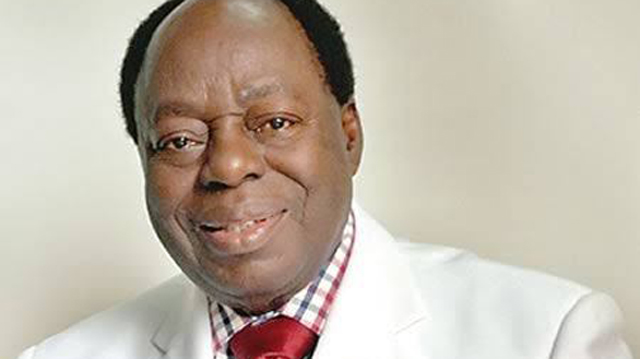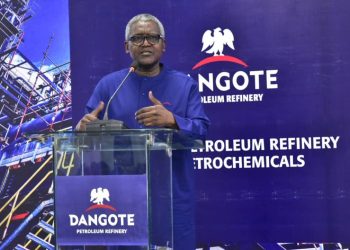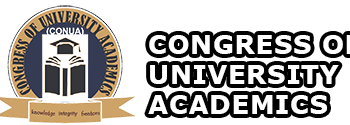Ado-Ekiti — Legal luminary and founder of Afe Babalola University, Ado-Ekiti (ABUAD), Aare Afe Babalola, has raised alarm over Nigeria’s rising public debt, warning it is eroding the country’s economic reputation and deterring foreign investment.
Speaking at the 2025 International Leadership Conference on Leadership, Governance, Sustainable Change and Wealth Creation (2.0), co-hosted by ABUAD, Trinity Western University (Canada), and the African Centre for Leadership, Strategy and Development (CentreLSD), Babalola said Nigeria’s finances have reached an “alarming” point that demands urgent reforms.
“Records show that Nigeria is now a big debtor country, with total public debt at ₦152.4 trillion (about $99.7 billion),” he said. “Consequently, most foreign companies are reluctant to invest in this debtor nation. As I speak, banks are complaining that the Central Bank of Nigeria is not honouring government promissory notes due to mounting debt.”
Babalola urged responsible fiscal management to restore confidence, calling for measures that steady the macro-economy, reassure investors and ensure timely settlement of government obligations. Citing Section 14 of the Constitution, he reminded leaders that the security and welfare of citizens remain the primary purpose of government and that public participation in governance must be guaranteed.
Delivering a keynote titled “Transformational Leadership in an Insecure and Disruptive Era: Building Ethical, Resilient and Impactful Leaders for Africa,” CentreLSD founding executive director Dr. Otive Igbuzor argued that transformational leadership is essential to confront bad governance, corruption, unemployment, gender inequality and environmental degradation. He urged Nigeria to institutionalise leadership training across schools and universities and to reward merit and integrity over mediocrity and patronage.
Igbuzor outlined a reform agenda anchored on ethical leadership, innovative education, institutional integrity, inclusive governance and continental collaboration, adding that effective leaders must champion diversification, transparency and evidence-based policymaking.
ABUAD Vice-Chancellor Prof. Smaranda Olarinde said the conference was timely, stressing that international, regional, and public-private partnerships are vital to tackle insecurity, hunger, poverty, infrastructure decay and economic uncertainty.
The gathering, themed “Shaping Transformational Leaders for a Changing World: Tackling Insecurity, Governance and Development,” drew policymakers, academics and private-sector leaders. Its central message: Nigeria must pair fiscal prudence with institution-building and leadership development to stabilise the economy, revive investor confidence and drive sustainable growth.





















